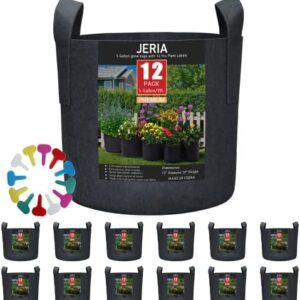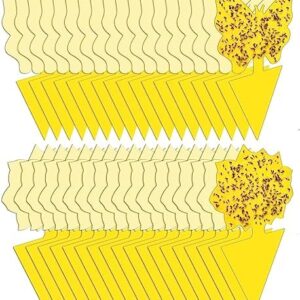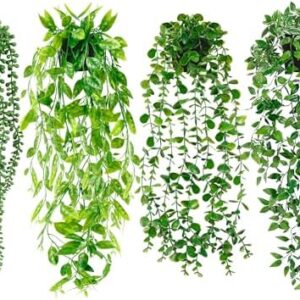Gardening is not just a hobby or a way to beautify our surroundings; it is a way of life that can have a significant impact on our planet. With the increasing awareness about environmental issues, more and more people are turning to eco-friendly gardening practices to help protect the environment and promote sustainable living.
One of the most important aspects of eco-friendly gardening is organic composting. Composting is the process of breaking down organic materials like food scraps, yard waste, and other biodegradable materials into nutrient-rich soil that can be used to fertilize plants and improve soil health. By composting our organic waste, we can reduce the amount of waste that ends up in landfills and reduce our carbon footprint.
Organic composting is an essential practice for sustainable gardening because it helps to replenish nutrients in the soil naturally, reducing the need for chemical fertilizers that can harm the environment. Chemical fertilizers contain harmful synthetic chemicals that can leach into the soil and water supply, causing harm to plants, animals, and humans. By using organic compost instead, we can provide essential nutrients to our plants without the negative effects of chemical fertilizers.
In addition to providing nutrients to the soil, organic compost also helps to improve soil structure and water retention. By adding compost to your garden beds, you can improve drainage, reduce erosion, and create a healthier environment for plant roots to grow. This, in turn, can lead to healthier, more robust plants that are more resistant to pests and diseases.
Composting is also a great way to reduce waste and save money. By composting your kitchen scraps and yard waste, you can reduce the amount of waste that you send to the landfill and create a valuable resource for your garden for free. Instead of buying expensive fertilizers and soil amendments, you can create your own nutrient-rich compost that will benefit your plants and the environment.
But perhaps the most important reason to compost is that it helps to close the nutrient cycle and promote sustainability. When we compost organic materials, we are returning nutrients back to the soil, where they can be used by plants to grow and thrive. This helps to reduce the need for synthetic fertilizers and pesticides, which can have a negative impact on the environment. By composting, we are creating a closed-loop system where waste is turned into a valuable resource, promoting a more sustainable way of living.
Getting started with organic composting is easy and can be done on a small or large scale, depending on your needs. You can start by setting up a simple compost bin in your backyard or on your balcony, using a mix of kitchen scraps, yard waste, and other organic materials. There are many different composting methods to choose from, including traditional bin composting, vermicomposting (using worms), and hot composting (which requires more effort but produces compost faster).
No matter which method you choose, the key to successful composting is to maintain a balance of green (nitrogen-rich) and brown (carbon-rich) materials, keep the pile moist, and turn it regularly to aerate the compost and speed up the decomposition process. With a little time and effort, you can create your own nutritious compost that will benefit your garden and the environment.
By practicing organic composting in your garden, you are not only improving soil health and promoting plant growth, but you are also helping to reduce waste, save money, and protect the environment. Composting is a simple yet powerful way to make a positive impact on the planet and promote sustainable living. So why not give it a try and start composting today? Your garden, your wallet, and the planet will thank you.






